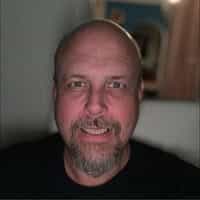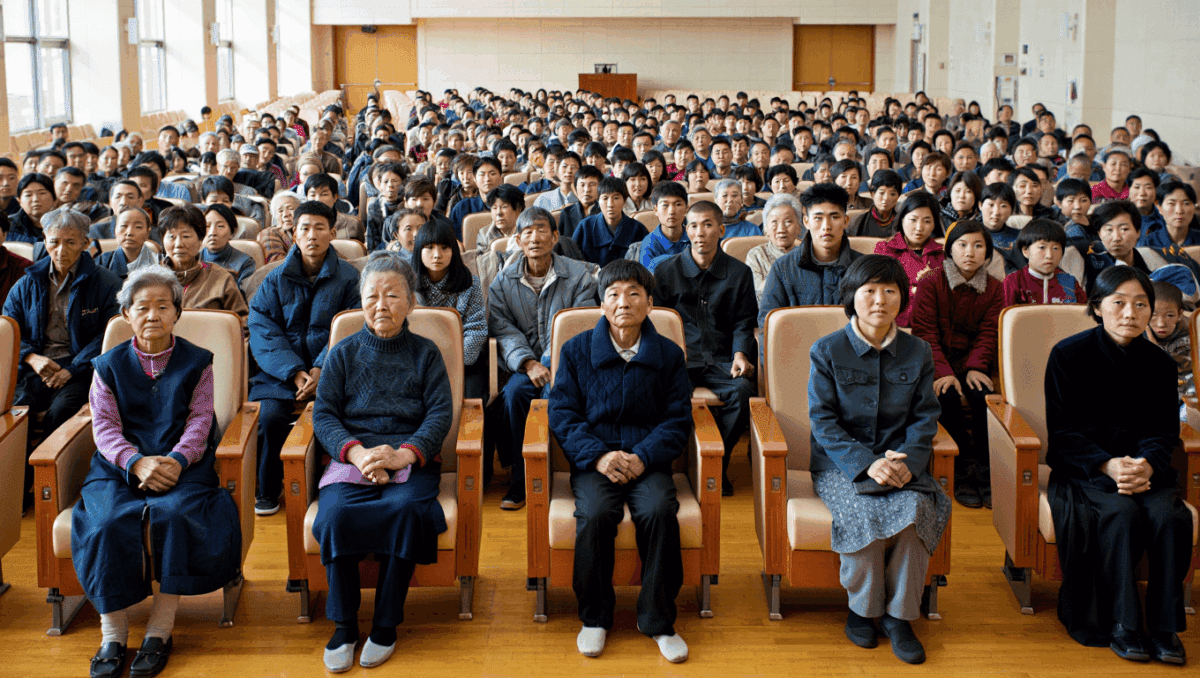Show summary Hide summary
In the heart of Seoul, a US-founded nonprofit is helping former North Korean citizens find their voices—literally. Through free, personalized coaching in English and public speaking, the group is giving hundreds of refugees tools to tell their stories, rebuild their lives, and connect with audiences beyond Korea.
What began as English tutoring for escapees who once taught back home has grown into a broader program of speech training, publishing support, and public events. The organization behind it, Freedom Speakers International, has worked with more than 600 North Korean refugees and now plays a unique role in the city’s exile community.
Freedom Speakers International: a different kind of resettlement program
Founded by Casey Lartigue Jr. and Eunkoo Lee, the organization started in 2013 to help former North Korean English teachers adapt to life and work in South Korea. Language gaps and different curricula made teaching in the South difficult for many escapees, so volunteers—mostly from the US—began offering one-on-one instruction.
Over time the focus shifted. Rather than only preparing refugees for classrooms, the group expanded into public speaking and storytelling: structured lessons, mentorship, speech contests, and publishing support that let participants address global audiences about human rights, family separation, and life under the DPRK.
Why public speaking matters to North Korean refugees
Public speaking serves multiple purposes for people who fled a closed society where speaking out is dangerous. Freedom Speakers International identifies five common reasons participants join their programs:
Raise awareness: To inform international audiences about conditions inside North Korea.
Advocacy: To urge action, including diplomatic and economic measures.
Storytelling: To preserve and share personal accounts of survival, loss, and escape.
Emotional healing: To process trauma and lessen the burden of silence.
Confidence building: To gain skills that improve employment prospects and public life.
Those motivations drive everything from small classroom sessions to citywide speech competitions. Students often arrive focused on language and job skills, then discover how speaking publicly can shape policy debates and personal recovery alike.
From one-on-one tutoring to community-wide speech contests
Initially centered on individual English lessons, the program adapted during the COVID pandemic by shifting toward group workshops and public events. That pivot made the work more scalable and helped create peer networks among refugees who share similar histories.
Speech contests and public events
Freedom Speakers International held its first speech contest in 2015. Since then, the contests have become a regular platform where former North Koreans present testimonies—sometimes about family members still inside the country—and call for public attention and policy responses.
The organization prepares students through mentorship, coaching, and practice sessions, culminating in public performances that reach both local and international audiences. As of now, the nonprofit has supported dozens of speech contests and is preparing its 23rd competition in February.
Publishing: turning memories into books
For many participants, public speaking is a step toward deeper storytelling projects, including books. Refugee authors often take years to publish—on average about a decade after arrival—because resettlement and psychological recovery take time.
One notable case involved a manuscript smuggled out of North Korea years ago that eventually funded the escape of two children; later editions were translated and published outside the DPRK. Other writers, like Songmi Han—who fled in 2011 and released Greenlight to Freedom in 2022—have used publication to document the lived realities of repression and survival.
Personal motivations and the human cost
Participants’ stories can be raw and painful. Some join the programs to speak on behalf of family members who were detained or worse. Others seek to explain how hunger, surveillance, and fear forced them to make impossible choices. In many cases, storytelling is both a civic act and a form of personal release.
Casey Lartigue, who previously worked on advocacy communications in Washington, D.C., sees a through-line between his earlier policy work and the refugee program: both require clear, persuasive speech to change minds and spark action. That connection has helped shape the organization’s instructional approach.
How the volunteer network works and how people can help
Freedom Speakers International relies on volunteers, donors, and community events. Although one might assume most volunteers come from South Korea, many are Americans who travel to Seoul or contribute remotely to mentorship and language coaching.
Volunteer opportunities include one-on-one coaching, event organization, editing manuscripts, and teaching public speaking techniques.
Donations support publishing costs, event venues, and practical aid for resettled refugees as they build new lives.
Public participation—attending speech contests or sharing refugee-authored books—amplifies these voices on the international stage.
Impact and risks: why this work draws attention
Giving former North Koreans a public platform has both symbolic and real-world consequences. Thousands have escaped to South Korea—estimates put the number at roughly 34,000 since the late 1990s—making a sizable diaspora whose voices can’t be ignored. That visibility has made the organization and its founders controversial in some circles; according to the group, their work has been noticed by the DPRK authorities.
Still, the program’s measurable results—hundreds trained, dozens of published memoirs, and recurring public events—show how language and storytelling can be channels for advocacy, healing, and social reintegration.
Voices worth hearing
At its core, the initiative is about more than language training: it records and amplifies testimonies that otherwise might remain unheard. By combining English instruction, public speaking coaching, and publishing assistance, the program creates pathways for refugees to shape public conversation and to find a measure of control over narratives they once had to suppress.
Those interested in supporting the work can look for volunteer listings and donation options to help sustain the mentorship programs and upcoming contests in Seoul.
You might also like:

Michael Thompson is an experienced journalist covering U.S. and global news. With ten years on the front lines, he breaks down political and economic stories that matter. His precise writing and keen attention to detail help you grasp the real‑world impact of every event.
